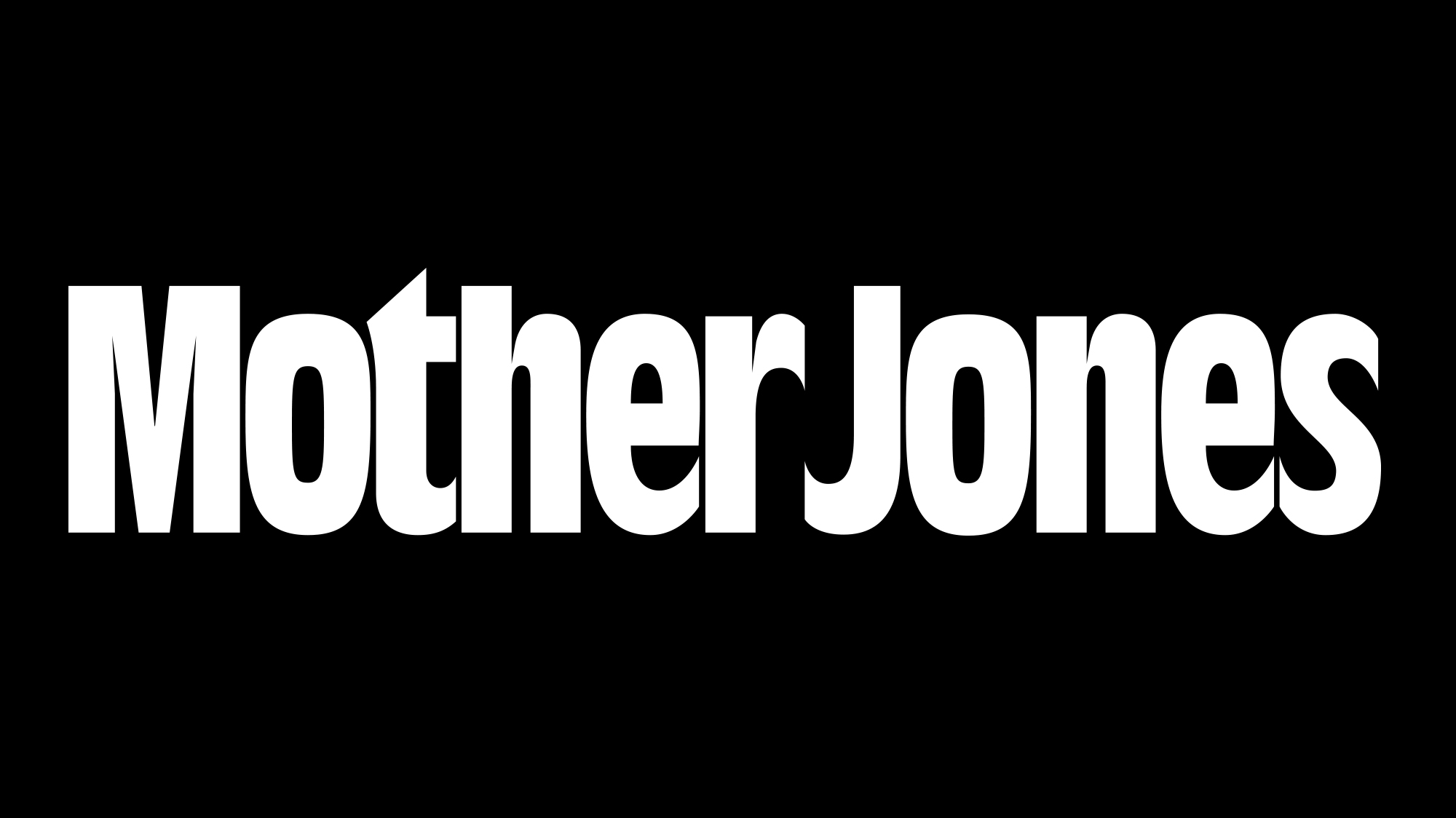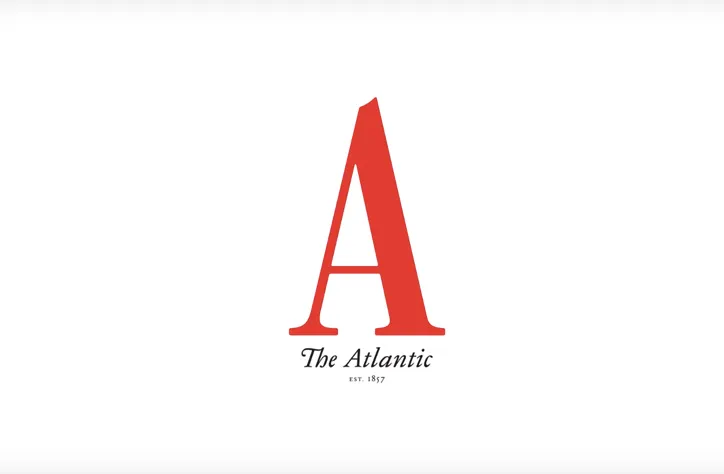Are There Countries Whose Situations Worsened with the Arrival of the Internet?
(This post originally appeared on Freedom To Tinker, after @evgenymorozov tweeted that he would want help with a graph[...]
Read moreOpening Closed Regimes: What Was the Role of Social Media During the Arab Spring?
After analyzing over 3 million tweets, gigabytes of YouTube content and thousands of blog posts, a[...]
Read moreInformation Technologies and Omnivorous News Diets Over Three U.S. Presidential Elections
Technology convergence and rising expectations for interactivity have had a significant impact on the news diets[...]
Read morePolitical Parties & Voter Privacy: Australia, Canada, the United States and United Kingdom in Comparative Perspective
Political parties are among the most lax, unregulated organizations handling large volumes of personally identifiable data[...]
Read moreICT Diffusion and Distribution Dataset, 1990-2007
This data set covers the years 1990 through 2007 and contains two types of indicators for[...]
Read moreComparing Digital Divides: Internet Access and Social Inequality in Canada and the United States
What is the best way to measure and track the digital divide, in a comparative manner,[...]
Read moreTelecommunications Reform, Internet Use and Mobile Phone Adoption in the Developing World
How do telecommunications policies influence technology adoption? Has regulatory reform helped mitigate or exacerbate the digital[...]
Read moreLearning to Search and Searching to Learn: Income, Education and Experience Online
Using data from the Pew Internet and American Life Project surveys, this article explores changing trends[...]
Read moreChanneling Diversity in the Public Spectrum
Over the last decade, the FCC has licensed the use of the public spectrum with an online[...]
Read moreTesting the Leap Frog Hypothesis
This paper tests the ‘leap-frog’ hypothesis by modeling the impact of existing telecommunications infrastructure, controlling for[...]
Read moreLiberation Technology
Here’s a paper from last year where I introduce the notion of liberation technology, defined as software[...]
Read more
Our Data, Ourselves
Concentrated in a few hands, big data is a threat to democracy. Social media companies and[...]
Read more
Facebook has so much more to tell us
Facebook and Twitter have taken the important step of handing over thousands of ads to Congress that were[...]
Read more
Fake News on Twitter Flooded Swing States That Helped Trump Win
The project’s latest research on politicized information and the 2016 US election was covered in Mother Jones.
Read more
Should Facebook Ads Be Regulated Like TV Commercials?
I spoke to the Atlantic for this story about regulating political advertising on Facebook.
Read more